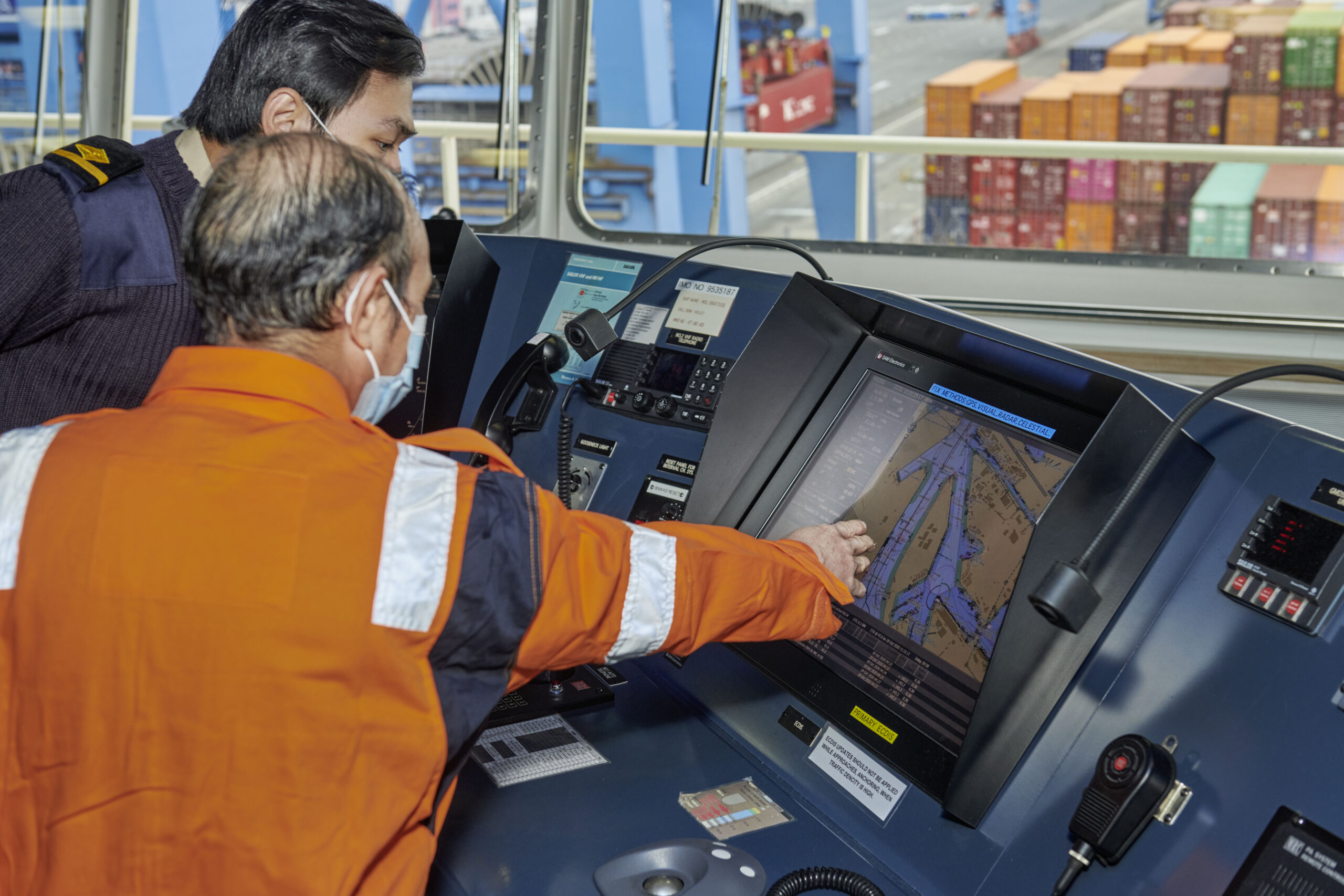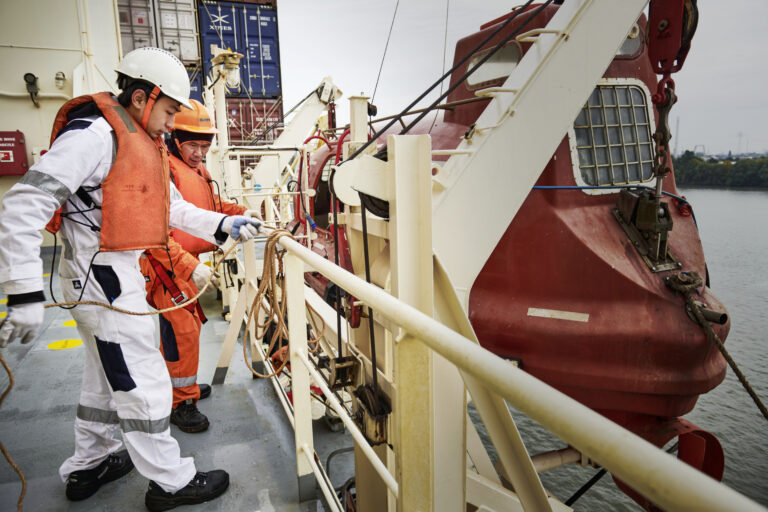By Scott Neil
Environmental, social and governance considerations are increasingly important for companies that want to show they are acting responsibly when it comes to reducing their impact on the environment, addressing social concerns, including diversity and human rights, and displaying good business ethnics.
The shipping industry is no exception. According to global financial services company PwC, momentum is gaining in linking the monitoring and reporting of ESG performance to shipping finance.
There is increasing pressure on institutional investors’ credit ratings liked to the ESG performance of their portfolio companies.
Many shipping companies are Bermuda-registered or headquartered on the island, including Teekay Tankers, Nordic American Tankers, Frontline, Golden Ocean Group, and DHT Holdings, together with a variety of ship management operators.
Jens Alers, who is group director of Bernhard Schulte Shipmanagement (Bermuda), which has offices in Par-la-Ville Road, believes the shipping industry is ahead of many other sectors when it comes to ESG performance.
For instance, on environmental concerns the sector has been actively tackling its carbon footprint with measures to reduce pollutant levels.
Mr Alers said: “The technology to monitor and measure emissions, mainly CO2, sulfur oxides and nitrogen oxides, already exists and is being deployed on ships now. Monitoring and measuring emissions will be crucial in a number of ways.
“Since carbon taxes will be levied on shipowners under the EU Emission Trading System starting in 2022, the industry cannot just rely on hypothetical carbon calculations, but requires real time data.
“The analysis of those data will also greatly assist efficiency improvements ship owners can put in place in co-operation with engine makers.”
Low emission fuels, exhaust fume scrubbers, switching to cleaner alternative energy, and new ship designs and ship propulsion methods are all areas that have seen progress in recent years.
Mr Alers said: “Research into low and zero carbon fuels and engine technology is in full swing and far advanced: green ammonia, methanol, hydrogen, biofuels will all play a role in future maritime propulsion. Even nuclear options are back in the table.
“What engines and fuels shipowners opt for greatly depends on availability of the fuel. Once the shoreside supply infrastructure for green fuels grows it will be much easier to make that choice. Until then, owners rely on the improvement of existing propulsion systems.”
He believes the maritime industry is pulling ahead of others in tackling its impact on the environment. He said: “Decarbonising shipping isn’t an easy task, but I believe the maritime industry will achieve targets which today appear ambitious, in a much shorter period of time than currently anticipated.”
As for the social and governance components of ESG, Mr Alers said many people outside the sector regard the maritime industry as a laggard on matters such as human rights, business ethics, anti-corruption practices, tax matters and accounting transparency. However, he begged to differ.
“By its very nature, shipping is the most international of industries. On any given day, a ship owner has to deal with complex multi-jurisdictional issues one would rather like to avoid. It is not the shipping industry that is corrupt, but officialdom in the countries the industry serves,” he said.
“Lack of enforcement of human rights, including equal opportunity and pay, are also aspects maritime employers are often criticised for. A vast majority of seafarers are citizens of developing nations.
“I challenge anyone critical of maritime employment practices to name another industry employing citizens from developing nations with better wages, fringe benefits, and higher investment into training and career development for their employees than the maritime industry.”
Regarding tax, he questioned where ship-owning companies domiciled and registered in one or more countries, and with international shareholders and earnings created from services provided in international waters and across different continents, should pay taxes.
He added: “I am sure the OECD, or maybe the 131 countries which have signed up for the new global corporate tax pact, will be able to guide us on this. Here is what I know: shipowners are no more or less tax compliant than participants of other industries.”


